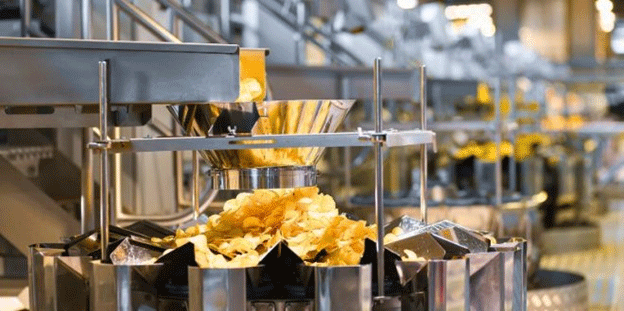In a major move to meet the increasing snack food demand in Southern Africa, PepsiCo South Africa has invested R746 million ($40 million) to expand its Isando factory in Johannesburg with a state-of-the-art potato chip production line. This expansion will enhance the company’s ability to meet local and regional demand, creating 100 new jobs and contributing to the local economy. The addition of this new line reinforces PepsiCo’s commitment to innovation, efficiency, and sustainability, addressing both the growing snack food market and the company’s environmental impact.
Enhancing Local Production Capacity
PepsiCo South Africa’s Isando facility is strategically located near key potato-growing regions, which allows the factory to streamline its production process. This geographical advantage eliminates the need for cross-country shipments from the company’s other facilities in Parow and Durban, resulting in savings of 2.2 million kilometers of transportation each year. The reduction in shipping distance also translates into significant reductions in greenhouse gas emissions, supporting the company’s sustainability goals. By increasing local production capacity, PepsiCo aims to further strengthen its position as a leader in the South African snack food market, ensuring its products are readily available to consumers both locally and across Southern Africa.
The new production line is part of PepsiCo South Africa’s long-term strategy to increase output and efficiency while simultaneously investing in local economies. This expansion will not only meet the growing demand for potato chips but also contribute to job creation in the region, with 100 new jobs expected directly from the plant and additional jobs generated indirectly through the use of local suppliers and contractors.
Driving Sustainability Through Innovation
Alongside the new production line, PepsiCo South Africa has also made an innovative investment in sustainability. In partnership with the Department of Trade, Industry, and Competition, PepsiCo has installed an anaerobic digester at the Isando facility. This R100 million investment will convert organic waste, such as rejected potatoes and peelings, into biogas—a renewable energy source that will fuel a gas-fired engine. This engine will generate up to 780 kW of electrical power, which will meet approximately 30% of the factory’s peak electrical demand.
The use of biogas will help PepsiCo reduce its reliance on external power sources and significantly lower its carbon footprint. This initiative is part of PepsiCo’s larger “PepsiCo Positive” sustainability strategy, which aims to transform its operations across all aspects of the business—from production to marketing and distribution. By creating a closed-loop system for energy and waste management, the company is ensuring that its operations are not only more efficient but also more environmentally friendly.
Long-term Impact and Future Growth
PepsiCo South Africa’s investment in its Isando factory is a testament to the company’s commitment to long-term growth in the region. Riaan Heyl, CEO of PepsiCo South Africa, emphasized that the expansion will help the company keep up with the rising demand for its products while supporting sustainable business practices. “This investment aligns with our long-term strategy to innovate and grow sustainably, ensuring that we are one of the leading food and beverage companies in South Africa,” said Heyl. “We are excited about the potential for this investment to drive economic growth and job creation.”
The integration of renewable energy and waste management solutions also sets a precedent for other companies in the food and beverage industry to adopt similar sustainable practices. The combination of local production, energy efficiency, and waste reduction will not only benefit PepsiCo but also contribute to the broader goal of sustainable industrial development in South Africa.
PepsiCo South Africa’s $40 million investment in expanding its Isando factory with a new production line and renewable energy facility is a clear indicator of the company’s commitment to meeting the growing demand for snack foods while prioritizing sustainability. The new production line will increase local output, create jobs, and reduce environmental impact, aligning with PepsiCo’s global sustainability strategy. This strategic investment will likely set the stage for further growth in the region, benefiting both the local economy and the environment.







